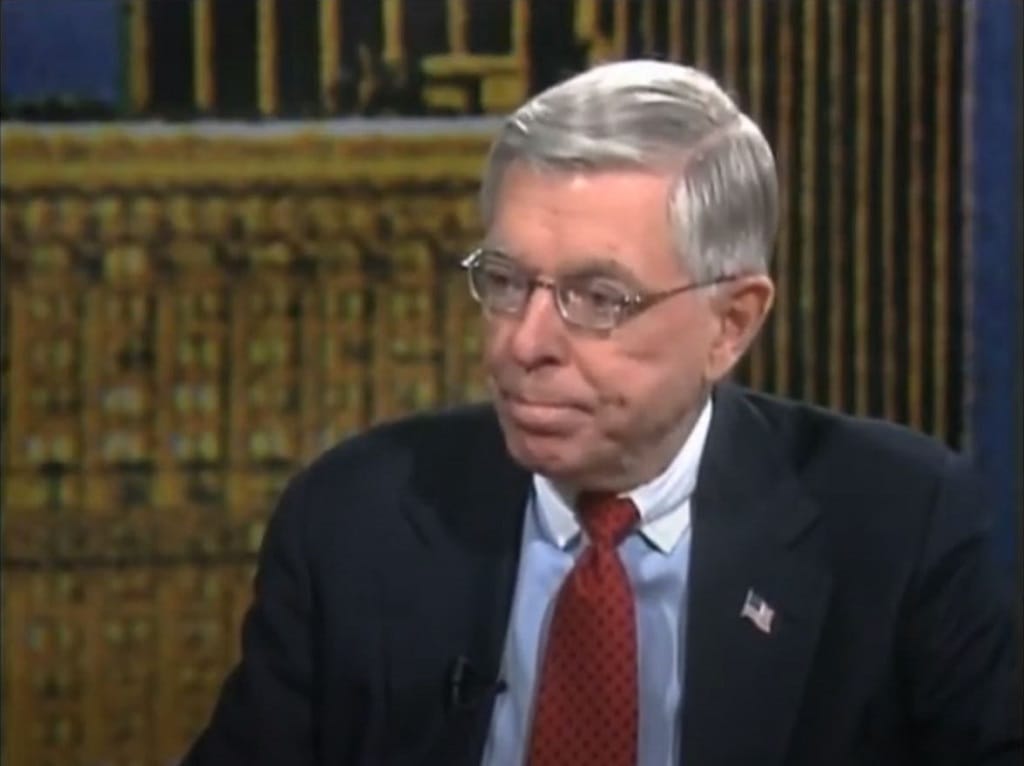Former FCC Chairmen Hope for Rebirth of Tax Certificate That Bolstered Minority Voices on Broadcast
Recent conversations about revamping the program are inspired by the possibility of growth in diversity in broadcasting.

July 21, 2021–Some former Federal Communications Commissioners are hoping the agency will bring back and work on a program that established and amplified minority voices on broadcast stations.
The minority tax certification, a program that emerged in 1978, was an initiative that searched to find the adequate representation of minority viewpoints in programming that served the needs and interests of the minority community.
The policy quintupled minority station ownership until 1995, when Congress terminated it. Recent conversations about revamping the program are inspired by the possibility of growth in diversity in broadcasting.
“I think it could be brought back with the appropriate safeguards…and I hope it is looked at because it gives people of all color of all backgrounds the opportunity to own broadcast stations and other communications property,” said former chairman Dick Wiley at a multicultural media, telecom and internet council symposium on Monday.
“The tax certificate was a very useful means to get capital to people. Obviously, it was abused and Congress ultimately abolished it, but I think it could be brought back with safeguards,” Wiley added.
“That’s another way to get the opportunity of people of all colors and backgrounds to own broadcast stations.”
Wiley was joined by five other former FCC commissioners, some of which spoke about the program.
Other former commissioners weigh in on diversity in media
Former Chairman Bill Kennard said he remembered the repealing of the program being “tragic because there was widespread support for it…and everyone loved the tax certificate [as] it benefitted everyone and created a lot of opportunity.”
However, Kennard explained the program would need to be adjusted with the dramatic change of technology moving toward the internet and streaming technologies. He said that the FCC must recognize the change and the barriers women and minorities have faced in order to succeed in media.
President Joe Biden signed an executive order in January that “strongly encouraged” independent agencies, like the FCC, to conduct an assessment on “potential barriers that underserved communities and individuals face in trying to access contracting opportunities.”
“Media control our narrative and control our consciousness,” said U.S. Rep. Jamaal Bowman, D-NY, according to the Associated Press. “And if people of color aren’t owning those spaces and are strategically and just purposely excluded from those spaces, we have to do something about that.”
Former Chairman Ajit Pai reflected on his recent contributions to diversity within the telecommunications industry, including the Early Career Staffer Diversity Initiative. Pai said his one regret in office was not doing more.
An FCC spokesperson told the Associated Press that Acting Chairwoman Jessica Rosenworcel is “committed to ensuring that FCC policies are equitable, fair and transparent.” Starting with her expansion of the mission of the Communications Equity and Diversity Council is to “review more broadly critical diversity and equity issues across the tech sector.”









Member discussion